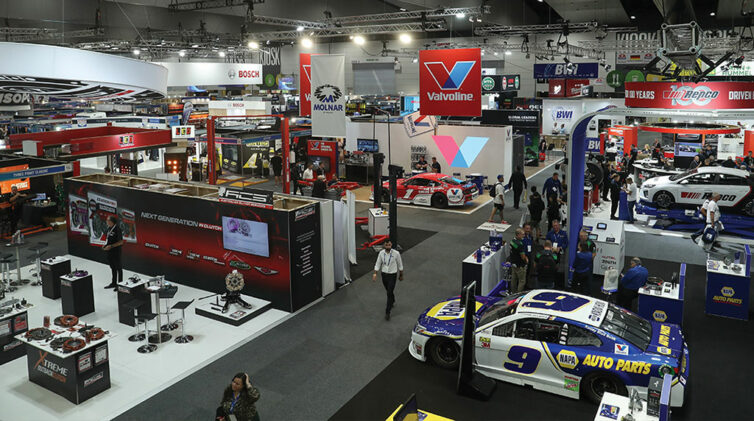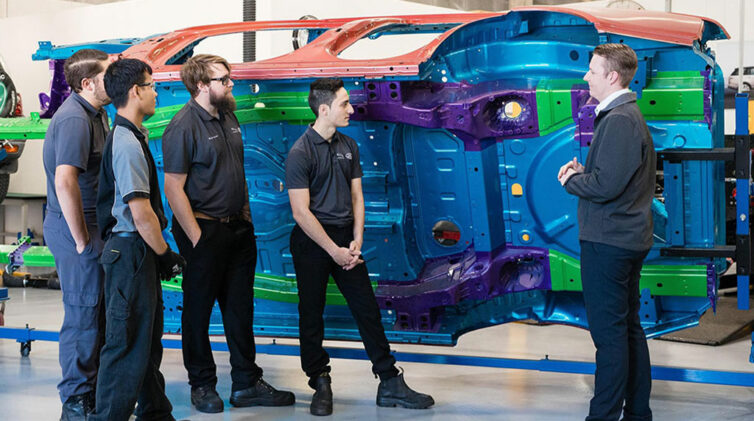
Failure to launch: University of Melbourne associate professor Russell Thompson says ITS has failed to deliver in the past 20 years.
THE University of Melbourne has started what is believed to be the biggest trial of intelligent transport systems (ITS) and connected vehicle technology ever staged on public roads anywhere in the world.
The roads used will be some of the busiest in Melbourne, just to the east of the university in Fitzroy and Collingwood.
The university is hiring more professors to add more intellectual weight to the project, while technology providers have already committed $12 million, with more multinational companies lining up to participate, according to associate professor Russell Thompson after addressing a session at the 23rd ITS World Congress in Melbourne this week.
“I have been attending these conferences for more than 20 years and I have received feedback from practitioners and researchers and they basically say ITS is one of the areas that has really failed significantly to deliver,” Professor Thompson said.
“It’s an area where there has been a lot of promise, a lot of hope, a lot of technology, a lot of talk and a lot of money spent and, really, we haven’t achieved a lot,” he admitted.

He cited as an example his journey to the university in the morning, which took an hour to travel 15km on public transport.
“Most of the time I ride my bike to the university and it’s quicker than it is to take public transport.”
The professor said Melbourne’s rapidly increasing population and the fact that we are living longer was creating greater levels of congestion on Melbourne’s roads. A lot of the congestion was caused by freight, one of professor Thompson’s areas of intense interest, and he pointed out that the increased use of online shopping was making congestion much worse.
“We are getting moderate to quite severe congestion in a world sense, so we are starting to feel the crunch and are looking for technology that can help us.”
He said that while new road infrastructure might help ease congestion, the state government has an allocation of $29 billion for such work when the total required was more like $300 billion.
“We’re not going to be able to rebuild. We are going to be making minor adjustments and how are we going to do this with assets that are depreciating quite rapidly? It’s a very big challenge for our society.”
He said new transport technologies such as connected vehicles, intelligent transport systems and the harnessing of data that is available but not used was the most promising way to make the road network more efficient, safer and environmentally more friendly.
“This is where the potential of ITS has really been unrealised. There’s been a lot of hype for 20 years-plus, but here we are still talking about basic concepts in terms of applications and improvement.”
It was this unrealised potential that drove the creation of what the university calls the National Connected Multi-Modal Test Bed, which will be a trial on public roads of several types of traffic management technology as well as all the data available from authorities like VicRoads and the public transport operator.
The trial will also include inputs from mobile phones to better link would-be passengers with their public transport options.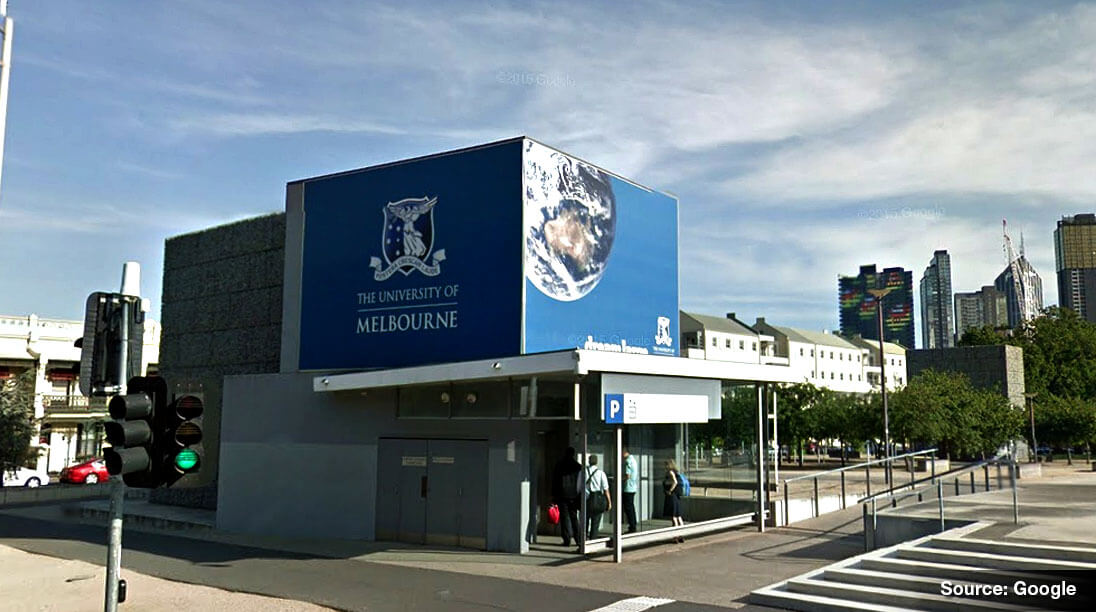
By the end of this year the project will have installed thousands of sensors on or near the roads in the test area, plus there will be connected vehicles in the trial which will also be sending data as well as receiving traffic information.
The “test bed” for the trial will be an area near the university bounded by Lygon Street, Alexandra Parade, Hoddle Street and Victoria Parade, although there are already suggestions the area might be expanded to include some freeway and tollway distances.
Professor Thompson said the trial would be open to all comers and that the university was having trouble coping with the interest from technology providers wanting to be part of the program.
“The concept of the ‘internet of things’ is very real with this project, because we are talking about a vast range of technologies, we are talking about a vast range of communication mediums. We are talking about making an improvement to the total system. We are not talking about one specific market segment.
“This project is already receiving substantial interest from multi-national companies and also governments, and not only in our state, and universities in Australia and the world wanting to participate.”
There were already 30 parties involved, including the state and local governments.
Professor Thompson said the project aimed to put the technology and the information generated into the hands of the users of the transport system, whether they drove a connected car, rode a bicycle or obtained their public transport information via their mobile phone.
“We want to see how we can actually refine and improve our transport system.”
The university was contributing a lot of time from its staff in various faculties he said.
“We are working with a lot of academics in our university. We have got world leaders in a lot of areas who can contribute.
“We are fortunate we have got a very strong engineering faculty which has got an extensive range of world-class skills in mechanical engineering, vehicle control systems, electrical engineering, sensor technology, big data, visualisation, mapping. All these areas of technical expertise are required to make a system like this work.”
The area chosen to be the test bed had several challenging aspects which would provide major targets for the project.
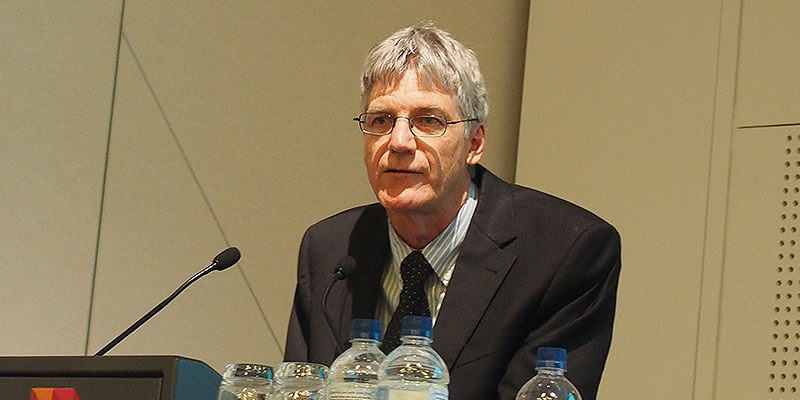
“It’s got the highest journey to work by walking in Australia. It’s got very strong environmental pressures with the Yarra – very sensitive – and we’ve got Punt Road, the major congested road in Melbourne. So we’ve got some really interesting elements that are really challenging.
“And we have all modes of transport, including freight and couriers and logistics.”
“We haven’t got a freeway at the moment, but Transurban is banging on our door to try and help us. We have the Eastern Freeway close by and we will probably extend the test bed onto the Eastern freeway to get some infrastructure because we are interested in the bridges and the pavements and that heavy transport side of it as well.”
The level of interest from the private sector had caused some issues within the project.
“Well, we are going through the lawyers at the moment. It’s going to be the difficult part.
“Intellectual property issues aren’t trivial, but we are getting a lot of goodwill. People are coming to us and saying we want to be part of it and we have certain (legal) models at the university that we are using.”
The project has enlisted the aid of Dr Peter Sweatman, the Australian academic who did a lot of stand-out work on autonomous vehicles for the United States department of transport while at the University of Michigan.
The project is headed by Professor Majid Sarvi, who was not able to attend the ITS World Congress on Tuesday. Associate Professor Thompson is the deputy head of the project.
By Ian Porter
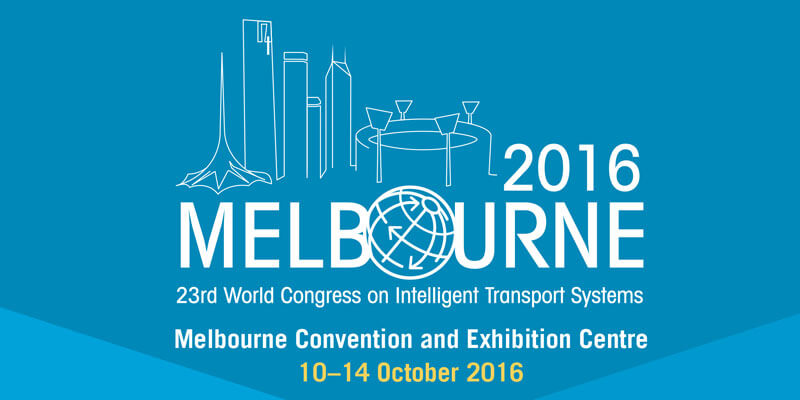












 Read More: Related articles
Read More: Related articles